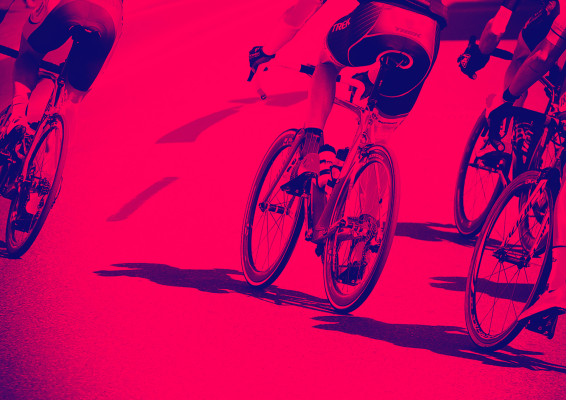Laka, a London-based insurtech startup that offers what it calls “crowd insurance” to rival traditional premiums and is initially targeting high-end bicycle owners, has raised $1.5 million in seed funding. The round is led by publicly-listed Tune Protect Group, with participation from Silicon Valley’s 500 Startups — money that will be used to enter new insurance categories and for international expansion, including South East Asia.
Founded in 2017, Laka has developed what it claims is a unique insurance model that sees customers only pay for the true cost of cover. At the end of each month, the cost of any claims is split fairly between customers, with the individual’s maximum premium capped at the “market rate”. If there is no claim, the premium that month is zero. To date, the startup says it has saved customers more than 80 percent compared to market prices.
What’s interesting about this model is that it is potentially much-better aligned with customers, meaning that fewer claims mean lower costs for the entire Laka customer base. Laka itself only makes money when a claim is made — it adds 25 percent on top of each claim to cover costs and create some margin. As long as it stays on top of fraudulent claims, customers stand to benefit with a more cost-effective and fairer insurance product.
“Customers join without paying any upfront premiums. When there is a claim, we settle it with working capital we borrow from our insurance partner in exchange for a fee,” explains Laka co-founder Jens Hartwig. “At the end of the month, we total up all claims we have settled, add our fee on top, and split the bill on a pro-rata basis. Thus, we pay out first and then ask customers to pay us back the expenses incurred”.
In contrast, the more a traditional insurer pays out in claims, the less profit it makes. “It’s a great business model from the insurer’s point of view as they happily take customer’s money and maybe settle a claim down the line. In the meantime they can reinvest the available capital. This proposition is clearly not as attractive from the customer’s’ point of view,” says Hartwig.
To change this, Laka’s model moves away from “underwriting risk” to credit risk — that is, ensuring customers can pay the required, albeit capped premium when the startup does have to pay out, which Hartwig reckons is an easily manageable risk with credit cards and modern payment providers such as Stripe.
The cap — where the monthly premium has a maximum so that Laka’s customers never face bill shock — is being provided by Zurich U.K. in the form of a stop-loss agreement for which Laka pays a small fixed fee per policy, per month. Any exposure above the cap is absorbed by Zurich, acting like a reinsurer.
Hartwig says that in months with a lot of claims, this is where the stop-loss kicks in, capping each customer’s exposure at a clearly communicated level. The promise is that you will never be charged more than competitors, but — crucially — if everyone takes better care, you will pay much less.
“We effectively offer a profit share to our customers, encouraging improved behaviour as they benefit from taking better care. By changing the way we earn money in the business model, we fixed the conflict of interest between customer and insurer,” adds the Laka co-founder.
